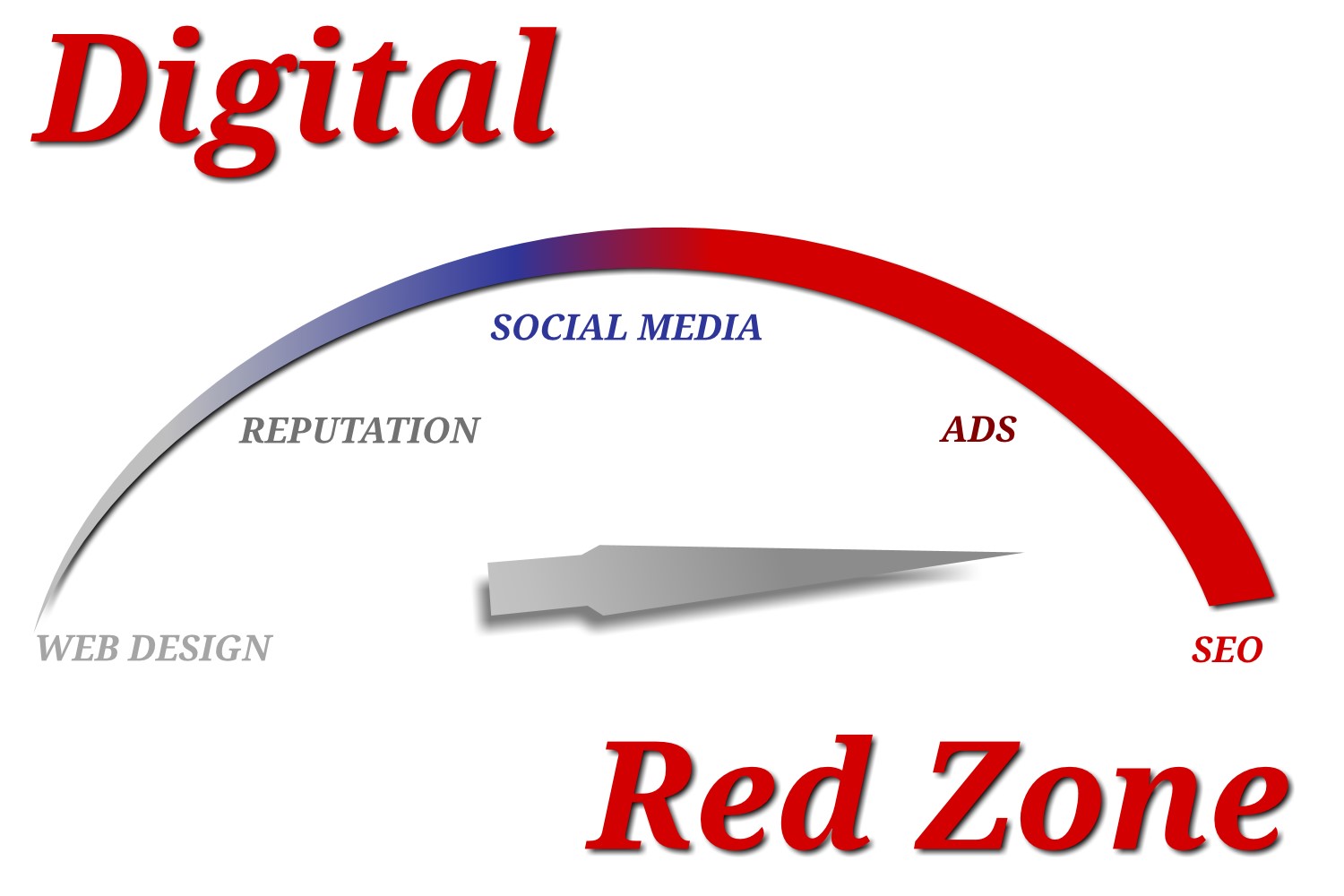Reputation Management?
Online Reputation Management, sometimes abbreviated as ORM, focuses on the management of products and services found on search engines. For most people, the first thing they do before hiring a business is research multiple competing companies on Google. Your business has to survive these challenges hundreds and even thousands of times a year. Think of all the potential loss if your company’s reputation is being sullied by negative articles or reviews. While we can’t actually remove those negative articles and reviews from the internet, what we aim to do is replace that negative content in the search engine results page (SERP) with content that shows your company in a better light.

Reputation Management really boils down to how people view your business as a whole. If people have had a good experience with your business product or service, odds are they will leave positive content or tell others about the positive aspects of your business. Over the past years online research has skyrocketed and 96% of people will Google the name of a company or the service they are looking for. When people do this they will read the reviews left about the product or service; making it imperative to have a good online reputation.
Reputation management is the process of influencing and controlling a business's or individual's reputation, both online and offline. For small businesses, reputation management is particularly crucial for several reasons:
- First Impressions Matter: In the digital age, a vast majority of consumers conduct online research before making a purchase or choosing a service. A negative review or an unflattering article can significantly deter potential customers, making a good first impression vital.
- Building Trust and Credibility: Small businesses often lack the broad recognition that larger brands possess. Therefore, they heavily rely on word-of-mouth and positive reviews to establish trust. A well-managed reputation can significantly enhance a company's credibility.
- Direct Impact on Revenue: Studies have shown that ratings and reviews can greatly influence purchasing decisions. A single negative review can drive away potential customers. On the other hand, positive reviews can attract more business. In fact, improving your rating by even one star can lead to a significant increase in revenue.
- Small Community Impact: If a small business caters to a localized community or a niche market, news (good or bad) can spread quickly. Negative incidents or reviews can disproportionately affect such businesses, making reputation management vital.
- Feedback Loop: Reputation management isn't just about managing negative feedback; it's also about listening to customers. Reviews and feedback offer valuable insights into areas for improvement, enabling businesses to better serve their clientele.
- Competitive Advantage: In a market where multiple small businesses offer similar products or services, reputation can be a key differentiator. A strong, positive reputation can give a business the edge over its competitors.
- Recruitment: A good reputation isn't only important for attracting customers but also for drawing in talent. High-quality employees are more likely to join a company that is well-regarded and trusted in its community or industry.
- Mitigating Negative Publicity: Even a single negative incident, if not managed correctly, can spiral out of control, especially in the age of social media. Effective reputation management ensures that such incidents are addressed promptly and professionally, preventing potential PR crises.
- Building Long-Term Relationships: For many small businesses, success isn't just about attracting new customers—it's about retaining them. A solid reputation fosters loyalty, encouraging customers to return and recommend the business to others.
- Valuation and Growth: If a small business aims to partner with others, seek investors, or even sell the business, its reputation will be a significant factor. A good reputation can increase the valuation of a business and open doors to new growth opportunities.
Expert Tip:
In essence, for small businesses that may not have extensive resources to recover from reputational setbacks, proactively managing and maintaining a positive reputation is not just beneficial—it's essential.
